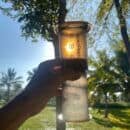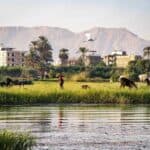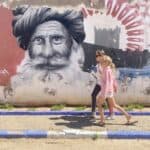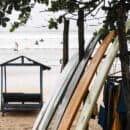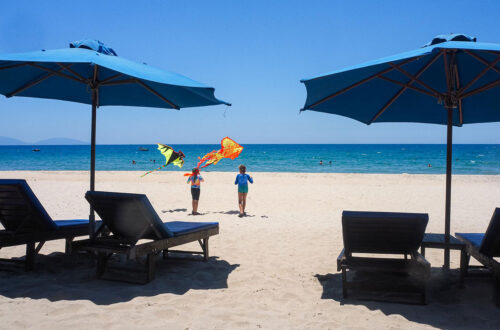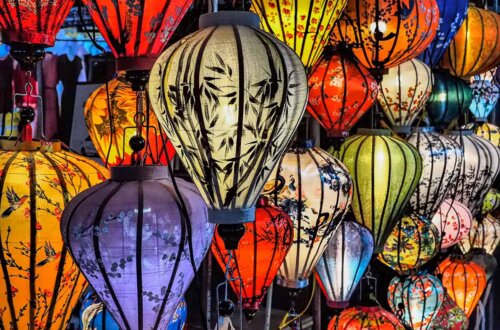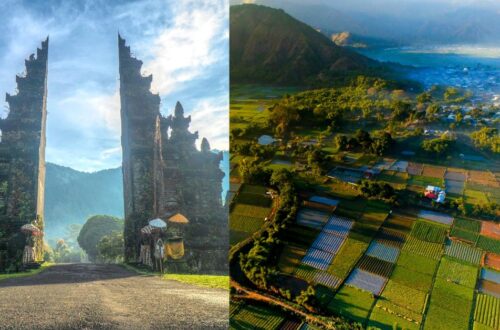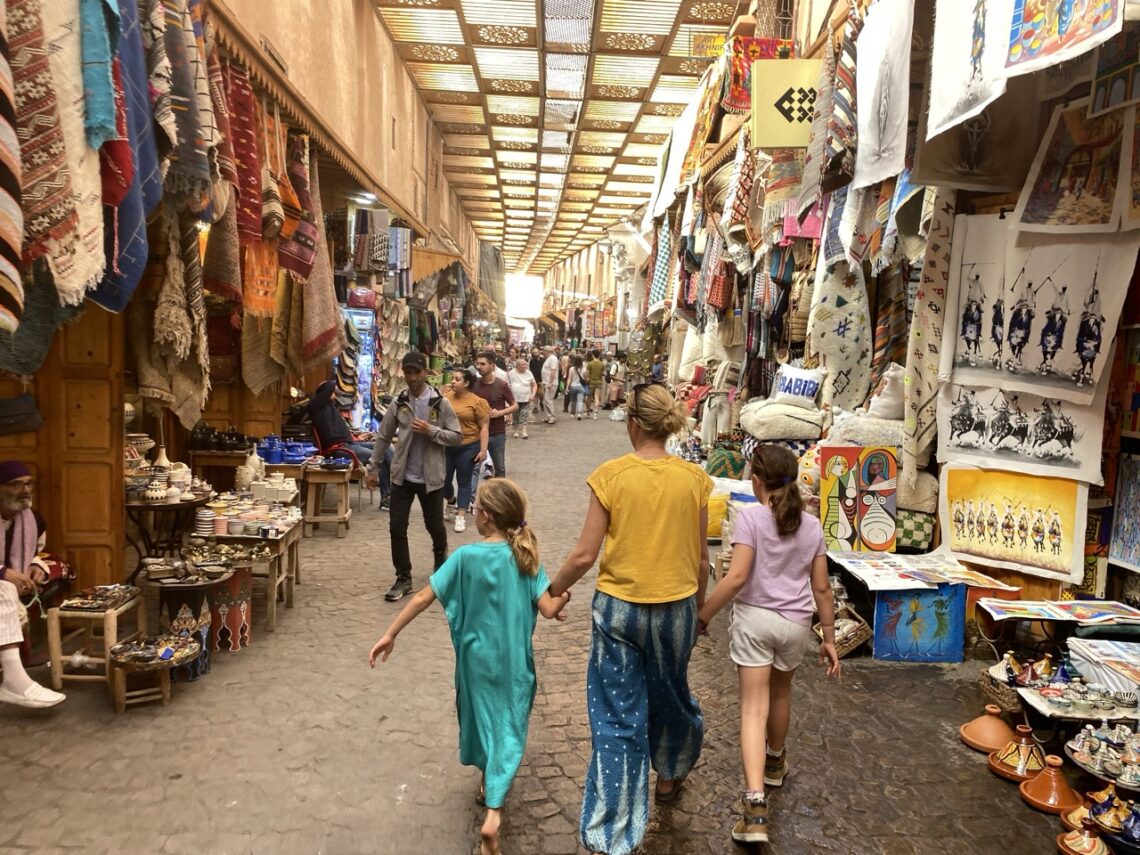
Is Morocco safe for family travel 2024?
Travel in Morocco with kids
Most travellers to Morocco experience no problems whatsoever. If you’ve travelled a fair bit as a family to Asia or Africa, you won’t find travelling Morocco with kids a problem at all. If travelling is new, starting with the cities of Rabat and Casablanca will be a gentle introduction to international travel with kids.
Moroccans are very welcoming and their hospitality is very famous. We have met some incredible people and kindness seems to be the norm!
Street Safety in Morocco
Crime
Some tourists report being hassled by touts and there have been pick pocketing incidents. But if you keep your usual travel wits about you, you will be totally fine. Remember to dress conservatively, don’t wear flashy jewellery, and negotiate any payments up front.
Transport
The main concern when on foot will be the motorbikes speeding around the narrow alleyways of Marrakech’s medina.
The roads are generally safe but be aware there is a wildness to the driving skills. A zebra crossing does not mean that cars will automatically stop for you so wait for a space and cautiously cross.
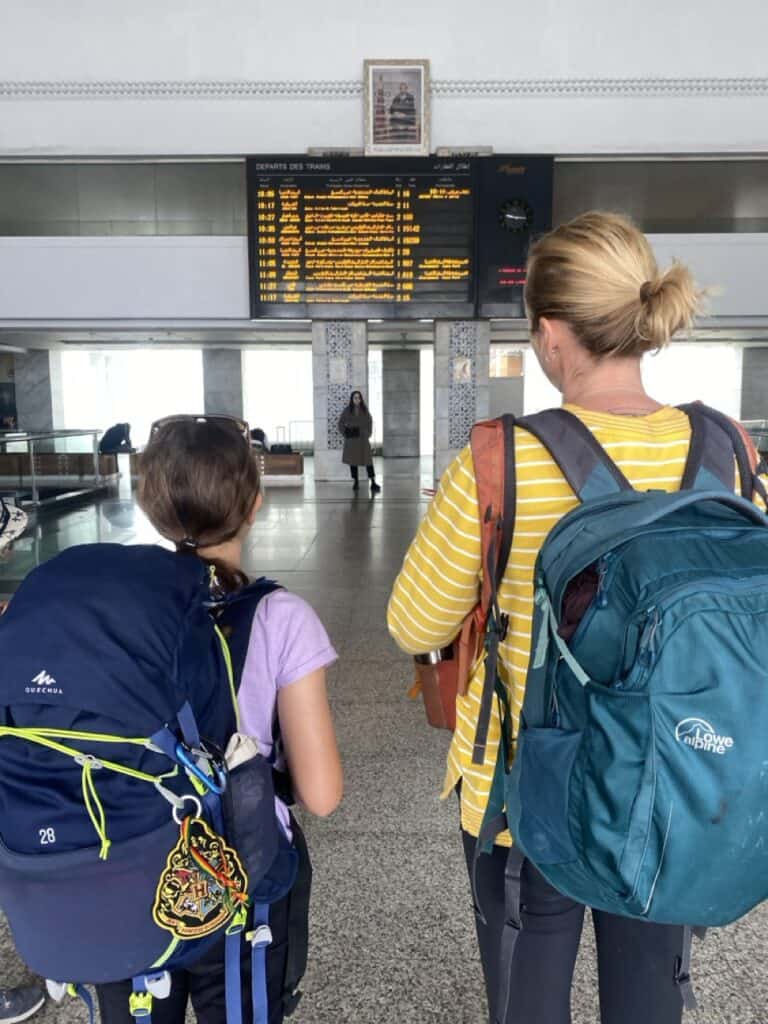
Female travellers safety in Morocco
I travelled to Morocco pre kids and honestly, my experience left me with a bitter taste about Morocco. Jak had done a similar trip a few months before and raved about his experience. But, he isn’t female. The harassment I received from men whilst travelling in a group of girls, was present everywhere we visited. We decided to give Morocco another go as a family as we had heard great things from many other travelling families.
This experience has been hugely different. There has been no disrespect towards me or the kids, and no harassment at all. Would it be the same if I was on my own? I don’t know but I think the family orientated culture of Moroccans helps with this situation.
Shopping in Morocco
A common complaint is the harassment from pushy shop owners. One thing we were shocked by was the lack of this from shop owners. This could be for a few reasons. We were travelling during Ramadan, we had experienced the shop keepers in Egypt (if you survive that, you can survive anything!) or maybe we looked so bedraggled no one thought we had money to buy anything. We found the Moroccans we met to be very kind, helpful, and a bit reserved but a polite but firm no thank you seems to finish it.
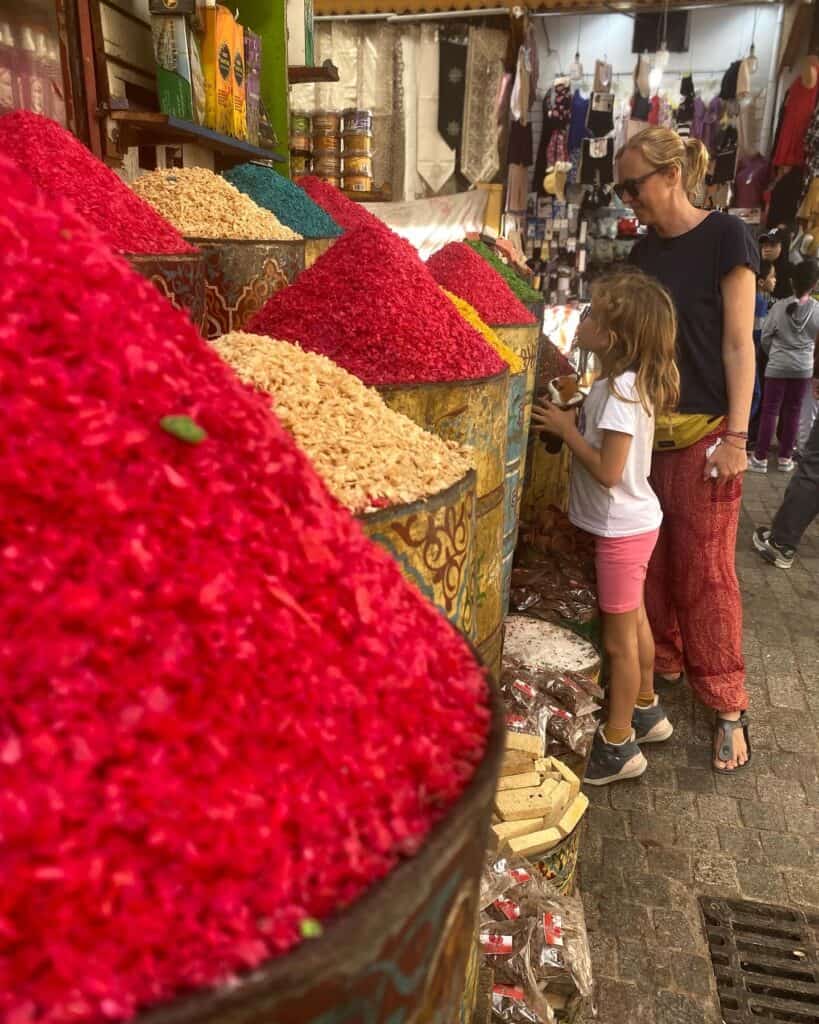
Safety Measures in Tourist Areas
The more tourist places are some of the safer places since police officers are deployed in larger numbers there, both in their official uniforms or in civilian ones. There is a very obvious police presence in the cities and roads.
Political Stability and Terrorism
Morocco is one of the most stable countries in the MENA region.
Under the leadership of King Mohammed VI, Morocco has undergone significant political reforms, including several changes aimed at enhancing democracy and human rights. The government’s focus is on stability, coupled with ongoing efforts to address social and economic issues, which all contributes to Morocco’s overall political stability.
Check your government website for the most up to date information regarding travel to Morocco.
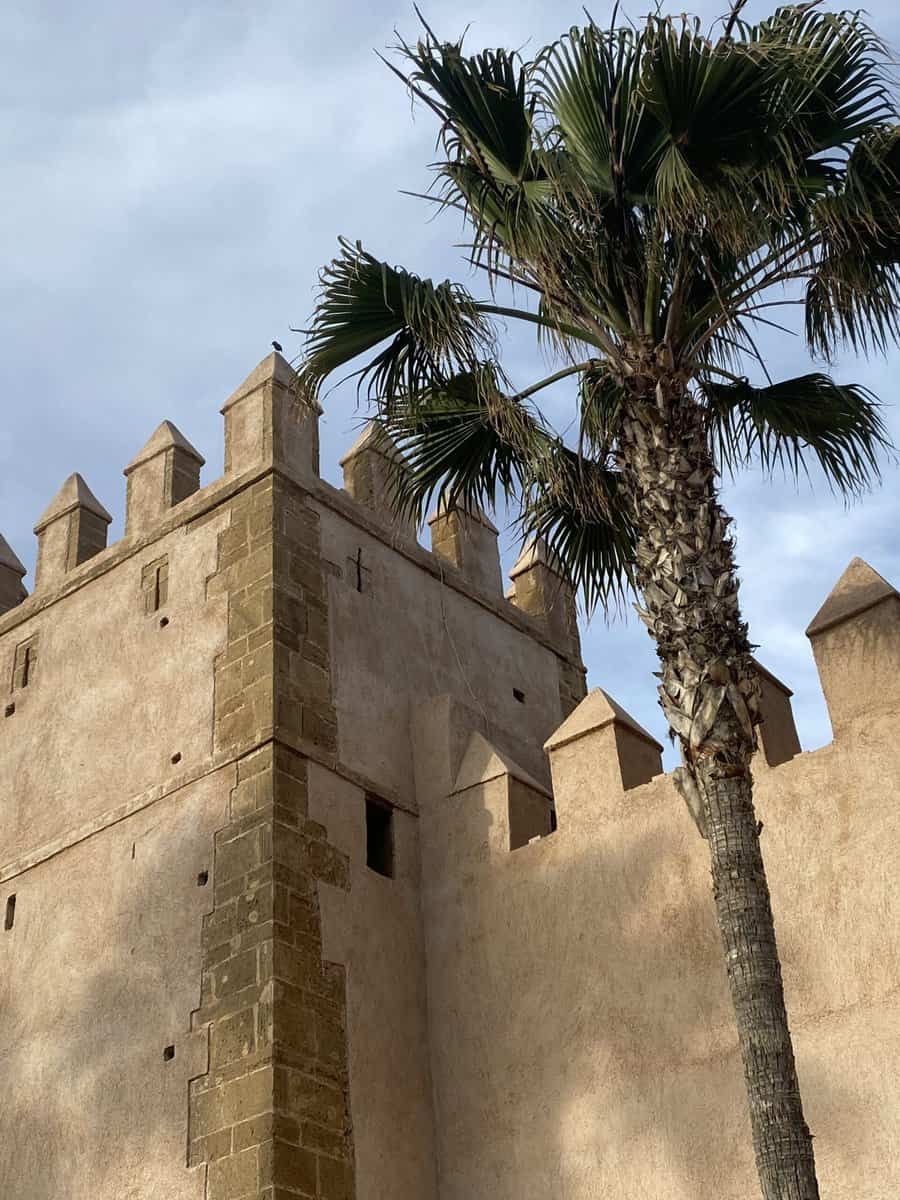
Rabat – Morocco’s underated capital
Medical Considerations in Morocco
Clinics
There is a mix of private and public healthcare in Morocco. In bigger cities such as Rabat and Casablanca you will find modern facilities. Rural regions will have more limited resources.
We recommend you have adequate trave and medical insurance to cover you for any situation like this.
Common Health Concerns
Probably the most common traveller affliction is brought about with the sampling of all these new and delicious cuisines. I may be tempting fate here but so far in our 2 month visit we haven’t been affected (there was a small blip caused by an emergency Burger King- it was a travel day during Ramadan 😊).
Watch the heat, suncream and staying hydrated is key. There are also mosquitoes so if they find you delicious, bring your usual preventative treatment.
Water in Morocco
Don’t drink the water! Bottle or filtered water only! Apparently it is safe enough in the bigger cities and we would boil the tap water for making our tea and coffee, but we didn’t want to risk it.
Medication and First Aid
Travel with a basic first aid kit but there are lots of pharmacies available. The more urban are better equipped. Many prescription medications are available from the pharmacy but maybe with a different brand name.
Emergency Procedures
In the event of a medical emergency, dialing the national emergency number (15) will connect you to emergency services. For non-life-threatening situations, visiting a local clinic or hospital is advisable.
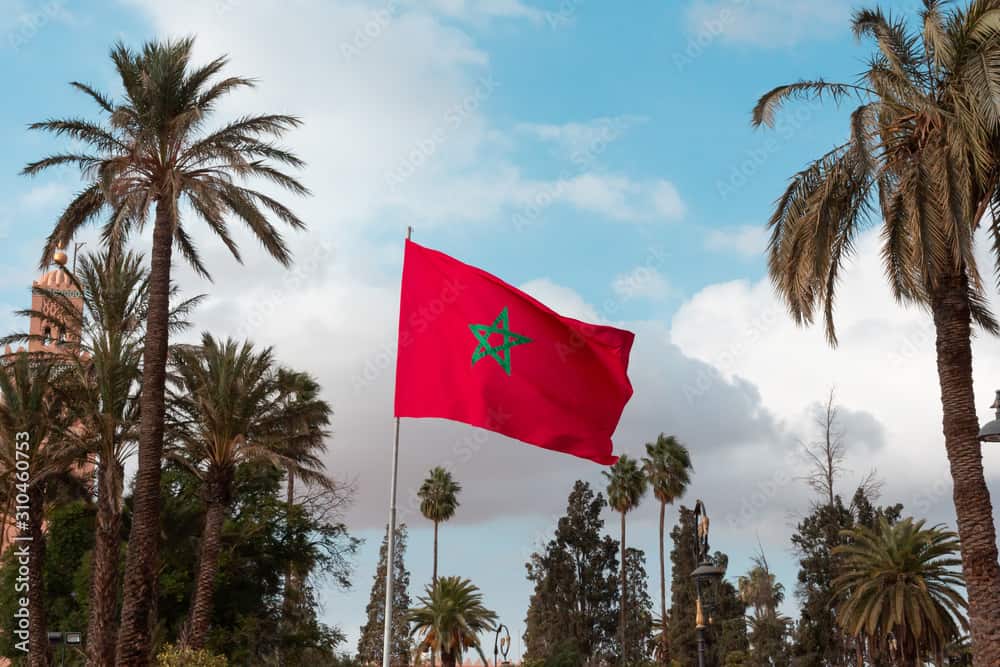
Language
Do they speak English in Morocco?
Only 20 percent of the population in Morocco speaks English. Arabic and Berber are the official languages but approximately 33% to 40% of the population in Morocco speaks French. French holds significant importance in Morocco, particularly in business, education, and government sectors, as it serves as a second language for many Moroccans.
Whilst we have scraped by with our GCSE French (it’s pretty poor), sometimes mixed on with the odd Spanish phrase, we have found communication to not be a huge issue. The Moroccans we have experienced have been very patient with us. Learning the basics of any language will always help when experiencing a new culture.
Teaching the kids the Berber alphabet (Tamzaught) is a great worldschooling activity.
Morcocan Culture
The culture of Morocco is a rich blend of Arab, Amazighs, Andalusian cultures, with African, Hebraic and Mediterranean influences.
Arriving into Rabat, we were surprised how European things felt!
Moroccan culture is closely connected to Islam and they typically value family, honour, and a calm disposition. Family relationships are incredibly important. In particular, the bond between parents and children is revered. Families in Morocco tend to be headed by the father. A mother’s responsibilities are traditionally domestic, managing the home and caring for the children. Some women work outside the home and help provide financially for the family. We were pleasantly surprised by the visibility of women in Morocco.
Issues to be aware of
Poverty
Poverty is a reality in Morocco and there are varying levels of visibility. From begging on the street to the families still living in tents after the earthquakes in Imlil, it is a problem to consider.
Animals
For our kids, some of the highlights of Morocco were there experiences of animals, from baby goats, to kitten in the Airbnb, our girls love animals. But there is a flip side.
In Morocco, camels, horses, and donkeys play essential roles in various aspects of daily life, from transportation and agriculture to cultural traditions. The treatment of these animals can vary massively.
Camels are primarily used for transportation in desert regions and for tourist activities such as camel rides. While many camel owners take good care of their animals, consider that in tourist areas, the welfare of camels may be compromised for the sake of profit. It’s a very similar situation for the horses and donkeys.
Organizations such as the Society for the Protection of Animals Abroad (SPANA) work to provide veterinary care and support for working donkeys and their owners. Try and visit Jarjeer to see and contribute to the wonderful services they are providing to donkeys and mules from all over Morocco.
Cats- There are a million cats, and kittens. Check out Cat Essaouria and the great work they are doing for local animals and education
There are lots of challenges when it comes to the animals in Morocco, but there are also positive developments and initiatives aimed at improving their welfare
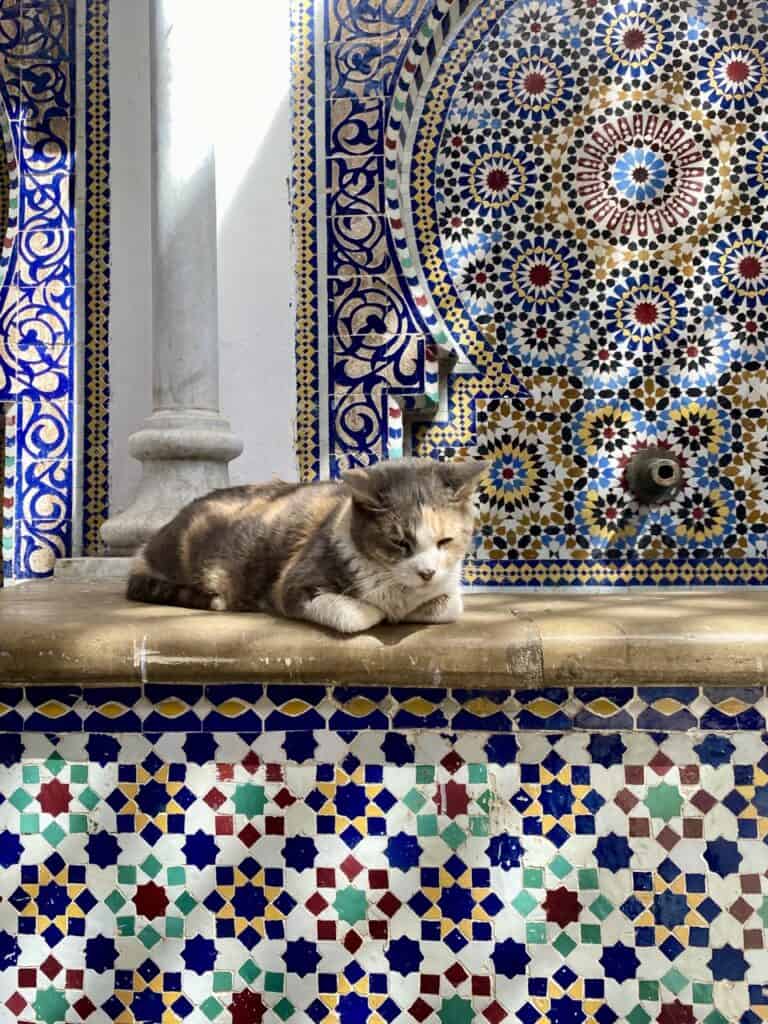
So, is Morocco safe for families?
Absolutely! Our experience has been that Morocco is safe for families. Obviously, it’s essential to exercise common sense and take precautions, but, the majority of travellers to Morocco, including families, have an enjoyable experience. The country’s rich cultural heritage, stunning landscapes, and warm hospitality make it a fantastic destination for families.
For families new to travel, the idea of traveling with kids can seem daunting. However, international travel is generally safe, whether you’re with your kids or not. Of course, there are always risks involved in any type of travel, but these can be minimised with proper precautions.
Just like in your own neighbourhood, it’s important to exercise caution and common sense while traveling. Look both ways before crossing the street, practice good hygiene, and avoid unsafe areas, especially at night.
Interestingly, traveling with kids can actually be safer than traveling without them. In my experience, people around the world are often more accommodating and willing to help families with children, making the experience more enjoyable and safer overall.
Here are some tips we would consider common sense in new destinations.
- Be Aware of Your Surroundings: Stay vigilant and aware of your surroundings, especially in crowded or unfamiliar areas.
- Stay Together: Keep your family members close, especially in busy or crowded places. Use buddy systems for older children to ensure no one gets lost.
- Stay Hydrated and Nourished: Carry water and snacks to stay energized and hydrated, especially in hot or unfamiliar climates.
- Follow Local Laws and Customs: Be aware of and respect the local laws and customs of the places you visit.
- Stay Connected: Keep your mobile phones charged and have a plan to stay in touch with each other, especially in crowded or unfamiliar places.
- Keep Important Documents Safe: Store passports, IDs, and other important documents in a secure place, and have copies of them stored separately.
- Be Cautious with Strangers: Teach children to be wary of strangers and to seek help from authorities if they feel unsafe.
- Have an Emergency Plan: Know emergency contact numbers and have a plan in place in case of emergencies.
Most importantly, Trust Your Instincts: If something feels wrong or unsafe, trust your instincts and take necessary precautions.
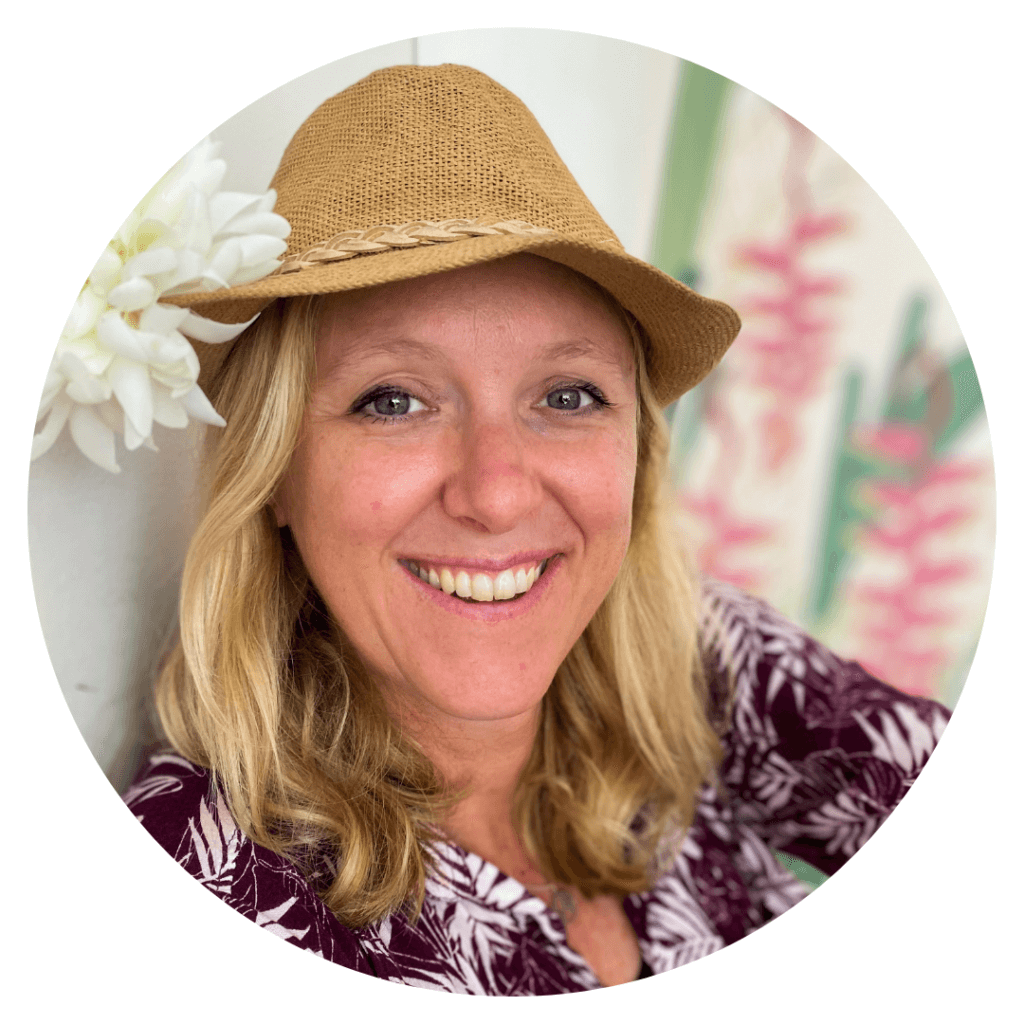
Meet the author
Lisa is the founder of Boston Tribe Travels. She has lived and travelled abroad for the last 15 years, visited more than 30 countries and has done most of that with her husband and two children. As a full time travel family, they like to travel slow, worldschool and seek new adventures. From living in Borneo for 5 years to backpacking South America, Lisa shares a wealth of travel experience to empower more families to travel and learn together.
- Your Perfect Portable Coffee Companion – The Aeropress Go!

- Why you should go to Luxor with kids 2024

- Why Visiting Essaouira with kids is a must see

- Why I Wish I Had Got a Virtual SIM Card at the Start of Our Long-Term Travel

- Where To Surf In Sri Lanka With Kids – Best Beaches 2024

- What do you need for worldschooling success?



